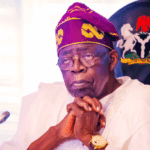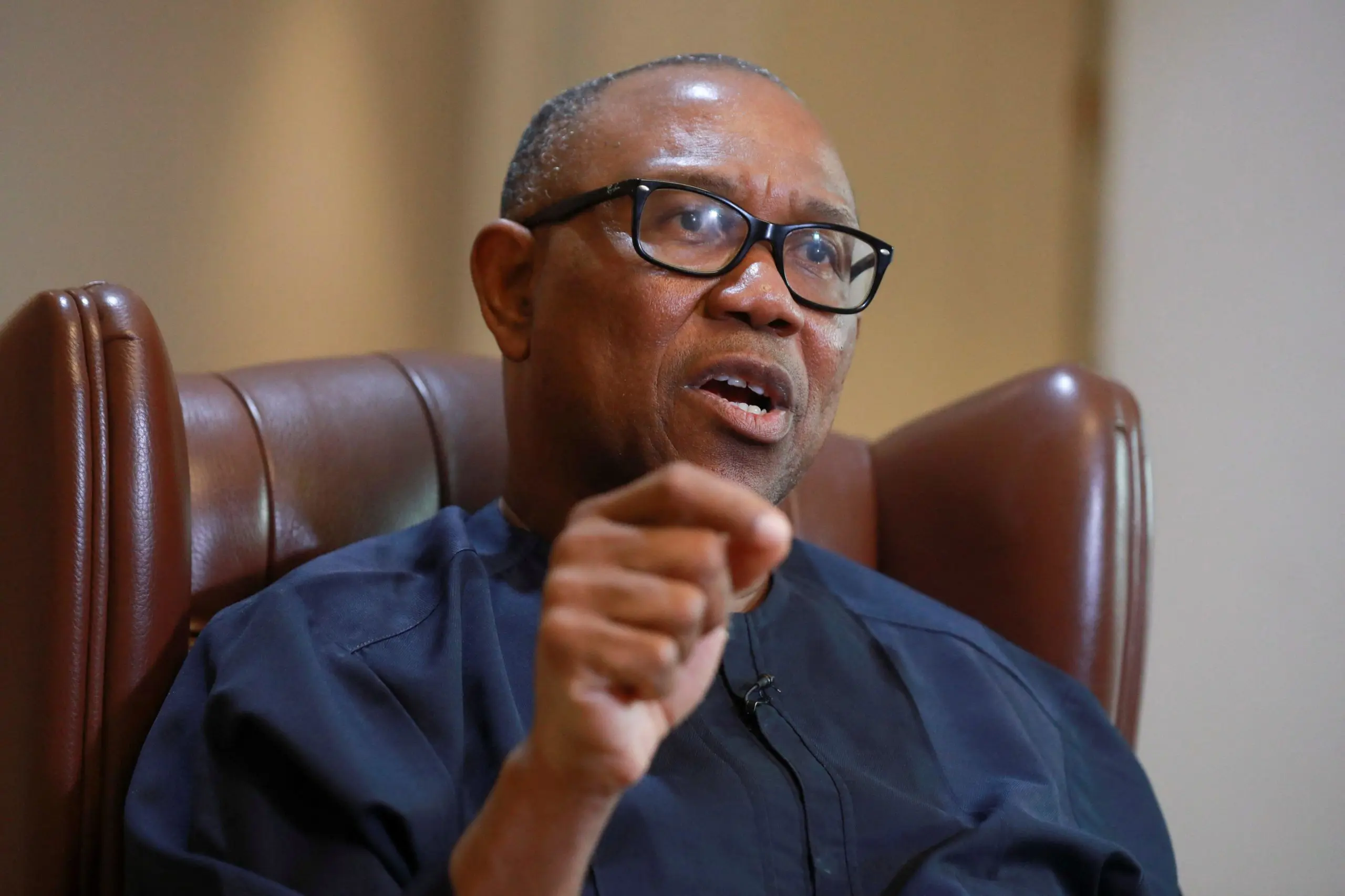
Chief Justice of Nigeria, Kudirat Kekere-Ekun, acknowledged that a few judges are tarnishing the reputation of the Nigerian judiciary, but emphasized that the majority are upright and courageous. She made this statement at a public discourse on ‘Ethics, Morality And The Law’, organized by the Movement for Islamic Culture and Awareness (MICA) ¹.
Kekere-Ekun highlighted Nigeria’s fortunate position in having hardworking and knowledgeable judges, but warned that judges must remember their accountability to themselves and God. She also stressed the importance of considering the perspective of ordinary citizens, who observe and assess the harmony between ethics, morality, and law in society.
The Emir of Kano, Khalifa Muhammad Sanusi II, urged Nigerian judges, especially Supreme Court justices, to administer justice with the fear of God. He cautioned against allowing hatred or personal relationships to influence judgments, emphasizing that judges should prioritize substantive justice over technicalities.
Dr. Wale Babalakin, a Senior Advocate of Nigeria, lamented the deterioration of judicial independence due to the increasing influence of state governors and politicians over judges. He recalled the past reverence for judges and criticized the practice of governors referring to judges as ‘my judges’.
*Key Takeaways:*
– *Judicial Integrity*: Kekere-Ekun emphasized the importance of judges’ accountability to themselves and God.
– *Fairness and Integrity*: Attorney General Prince Lateef Fagbemi stressed the need for legal professionals to recommit to ethical values.
– *Substantive Justice*: Emir Sanusi II urged judges to prioritize substantive justice over technicalities.
– *Judicial Independence*: Babalakin criticized the influence of politicians over judges and advocated for reform.










